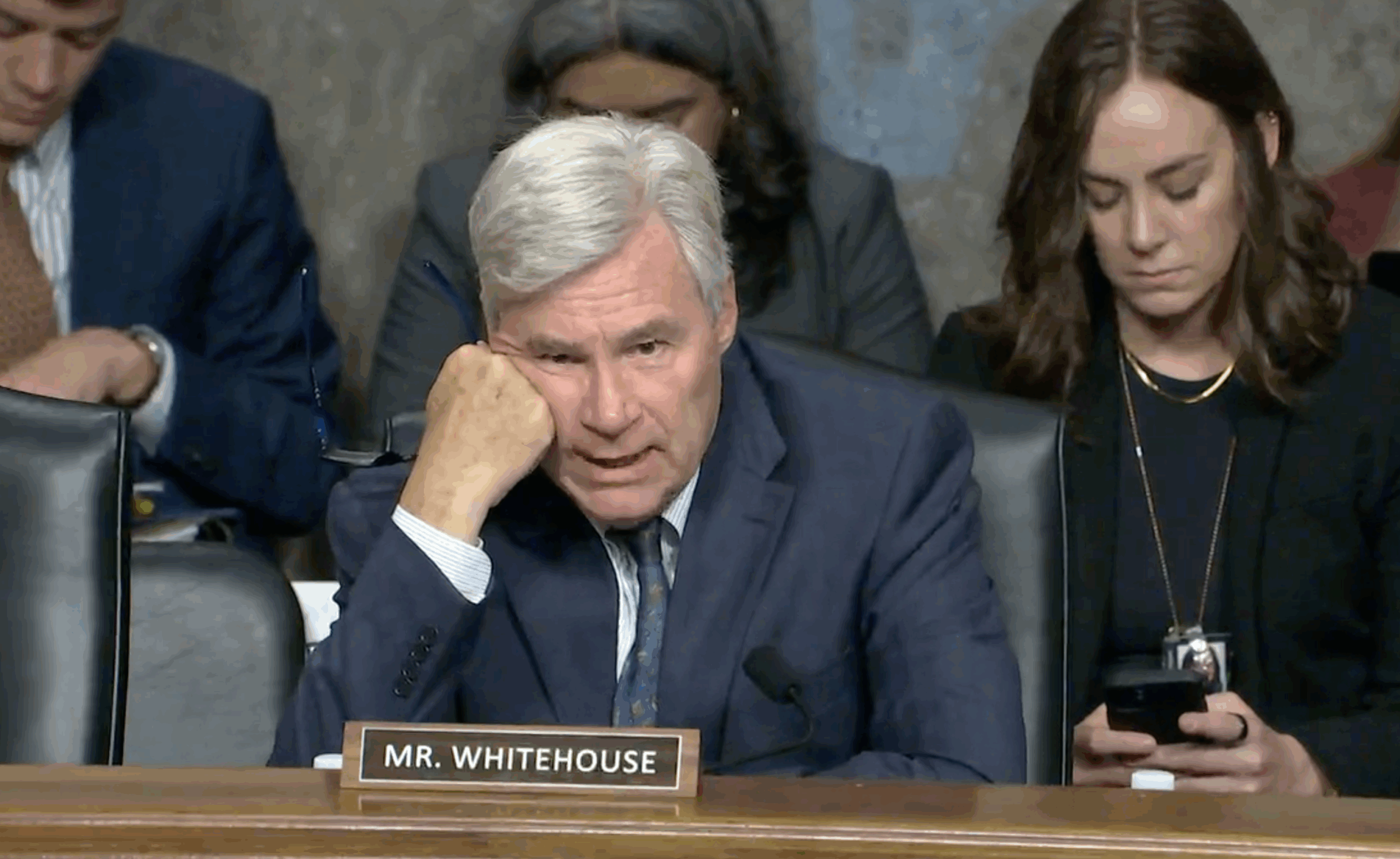During a recent Senate Judiciary Committee hearing, Senator Sheldon Whitehouse (D-RI) expressed concerns about the potential for the Trump administration to threaten free speech by adopting tactics he associates with the political left. This discussion arose during the confirmation hearing for Seventh Circuit nominee Rebecca Taibleson on September 17, 2025.
Explainer Sen. Whitehouse Raises Concerns Over Free Speech Amid Political Tensions
Whitehouse questioned Taibleson about the boundaries of First Amendment-protected speech, emphasizing the importance of distinguishing between lawful speech and prosecutable misconduct. He stated, "Tell me where the boundary is between First Amendment-protected speech and unlawful, prosecutable misconduct," to which Taibleson replied that the distinction lies between speech and conduct, with exceptions for threats, fraud, and libel.
The senator further probed, asking if the clarity of these boundaries shifts based on the political context. Taibleson affirmed that viewpoint discrimination is generally not permissible under the law.
Whitehouse's remarks reflect a broader concern regarding the administration's approach to dissenting voices. He remarked, "I think we’re seeing an administration that wants to attack and perhaps even criminalize or at least burden with investigation and prosecution protected speech that it just happens to disagree with."
This sentiment comes amid heightened political tensions, particularly following the murder of conservative activist Charlie Kirk, which has prompted calls from some on the right to investigate left-leaning funding sources. Critics argue that such investigations could lead to a chilling effect on free speech.
In a notable contradiction, just a day before the hearing, Whitehouse initiated an investigation into private entities he suspects of misusing their First Amendment rights to oppose the Environmental Protection Agency's (EPA) proposed repeal of the endangerment finding related to greenhouse gases. This has raised eyebrows among those who view it as an attempt to suppress dissenting opinions.
Whitehouse has long criticized the legal-conservative movement, particularly targeting figures like Leonard Leo, alleging corruption linked to their advocacy efforts. He has described this as a form of corruption that undermines the integrity of political discourse, although critics contend that it reflects a broader discomfort with opposing viewpoints.
The D.C. Superior Court recently ruled against fossil fuel companies for collaborating with their trade associations on advocacy campaigns, a decision that some view as an infringement on free speech rights. This ruling has been cited by critics as evidence of a growing trend to penalize political speech that contradicts prevailing environmentalist views.
In a related development, Stephen Miller, Deputy Chief of Staff for Policy under Trump, indicated that the administration intends to investigate the funding behind protests and political violence, stating, "The key point the president has been making is somebody is paying for all of this."
As the political landscape continues to evolve, Whitehouse's recent comments suggest a potential shift in his stance on free speech. However, critics argue that his past actions undermine his current advocacy for robust protections for political expression.
The ongoing debate highlights the complexities of free speech in a polarized political environment, raising questions about how both sides navigate the boundaries of expression and dissent.
Why it matters
- Sen. Whitehouse's concerns highlight fears of free speech erosion under the Trump administration, reflecting broader political tensions.
- The hearing underscores the ongoing debate about the boundaries of First Amendment rights amid rising political violence and dissent.
- Whitehouse's investigation into private entities raises questions about the consistency of his stance on free speech and dissenting opinions.
What’s next
- Watch for upcoming votes on First Amendment protections in the Senate.
- Monitor developments in Whitehouse's investigation into funding sources for protests and political violence.
- Expect further discussions on the implications of the D.C. Superior Court ruling regarding political speech.

